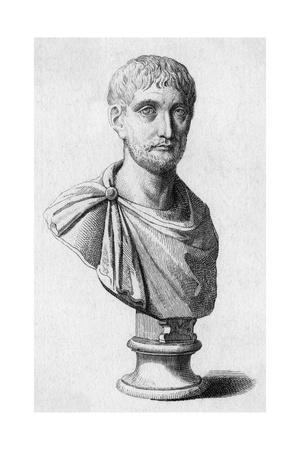
Statius’ time before was ‘sterile.’ Now time is restarted for him.īesides time, Statius’ experience also centers around the Emperor. The main emphasis of this rebirth is on time. The banquet is like a rebirth for Statius. Immediately after Statius writes that he is drinking pure, undiluted wine that gives immortality, he says “up until now I have passed through sterile years this day is the first day of my lifetime, here is the threshold of life” (steriles transmisimus annos / haec aevi mihi prima dies, hic limina vitae, 4.2.12-13). The wine that gives immortality or is immortal and the presence of the two gods, Ceres and Bacchus, contribute to the sacred nature of this banquet. Bacchus is the god of wine Ceres is one of the main goddesses at Eleusis – They are providing entheogens at this banquet.Īt the beginning of the poem Statius calls the banquet sacred (sacrae… cenae, 4.2.5) and at the end says that Domitian has given him a happy/blessed meal (felices epulas, 4.2.63) and the sacred rites of a banquet (mensae… sacra, 4.2.63-64).

For wine, remember that wine in the ancient world was not simple fermented grape juice, but a drug-infused beverage. Ceres and Bacchus wait the tables at the banquet (4.3.34-37). He is drinking pure, undiluted wine that is either immortal or is a wine that gives immortality (immortale merum, 4.2.12).

In the poem, Statius describes attending a banquet held by the Emperor Domitian (ruled 81 – 96 AD). Unfortunately, I can’t find an online translation. (You’ll have to scroll down a little to Roman Numeral II. All studies of entheogens in the ancient world, banquets in the ancient world, and Emperor worship in the Roman Empire *need* to pay attention to Statius, Silvae 4.2. 96 AD) is an important piece of evidence that has been underutilized. The practice of having successful generals celebrate a “Triumph,” which the philosopher Montesquieu called “the main cause of the greatness the city attained.A poem by the Roman poet Statius (c.The close interpenetration between Roman politics and religion.Here are several of the subjects it brings to the fore: In the meantime, suffice it to say that there is a lot to see in the Forum, that it is a good place to illustrate and ponder some of Ancient Rome’s chief characteristics and some her most dramatic moments. The Forum Romanum was the center of Ancient Rome, and we will dedicate several podcasts to it and to the Palatine Hill, which overlooks it.

To paraphrase the poet Horace, rustic and warlike Rome conquered Greece, but then was conquered and transformed by the Greeks’ high and alluring culture.Īs we wander though the ruins of the Roman Forum, then, it is important to remember that its development was decisively influenced by the growth of Rome’s Empire, which brought in great wealth and the influence of the Greeks. Rome’s eventual victory in these Punic Wars included her first conquests of Greek cities, which not only enlarged her empire but even changed her character, for Rome came quickly to admire the art, architecture, science, literature, and philosophy of the Greeks.
Warlike roman poet series#
During this period, Rome first defeated local rivals, including the Etruscans, and then developed an expansive empire especially through a series of wars with Carthage. After about 250 years of an aristocratic monarchy, known mostly through legends, Rome was governed for almost 500 years by an aristocratic republic.


 0 kommentar(er)
0 kommentar(er)
